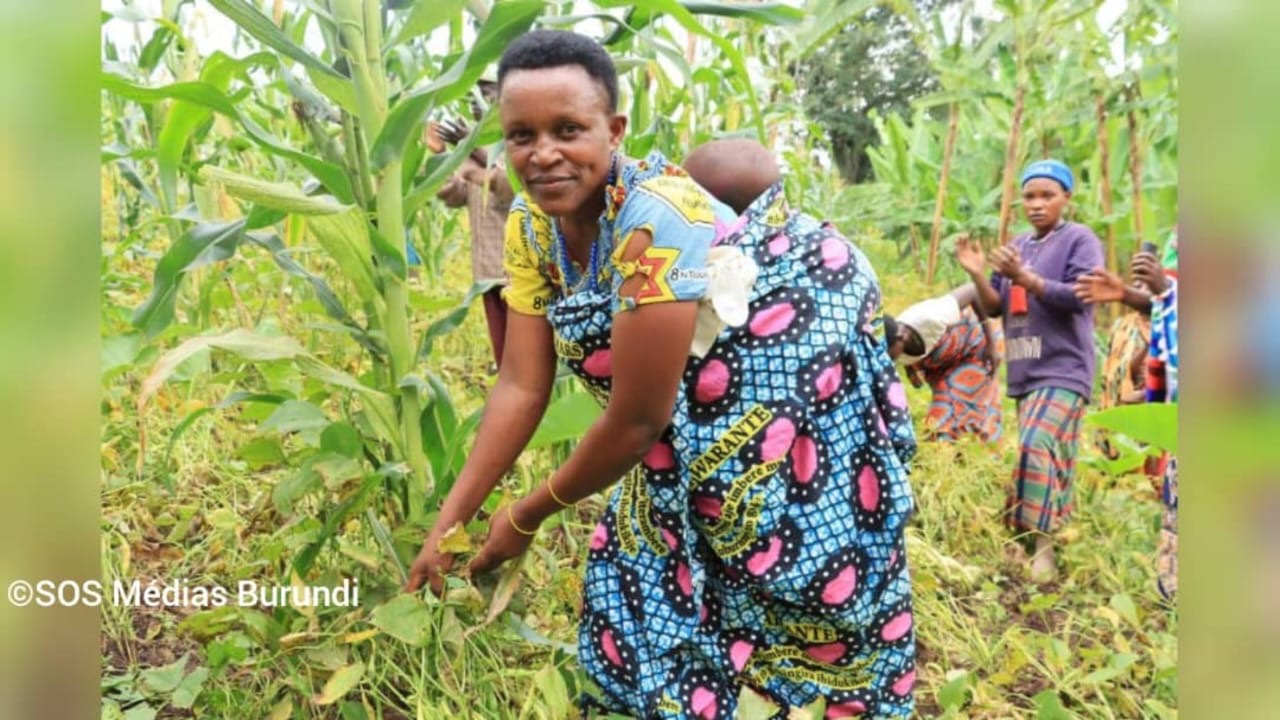Burundi – fertilizers unobtainable : farmers pay but still wait

SOS Médias Burundi
Cibitoke, June 16, 2025 —
While the seeds have already been planted, thousands of Burundian farmers are still waiting for the urea fertilizer they paid for. This shortage is rekindling the debate on dependence on imports and highlightingblimitations of the distribution system.
At the height of the growing season, thousands of Burundian farmers remain empty-handed. Despite paying for the urea fertilizer, essential for their crops, many have still received nothing. In Cibitoke (northwestern Burundi), as elsewhere in the country, frustration is mounting.
« I paid in April to receive the urea fertilizer, but to date I haven’t received anything. « Without it, my rice fields are in danger, » laments Jean-Marie, a farmer from Rugombo. « We’re told to be patient, but the soil isn’t waiting for us. »
According to Emmanuel Ndorimana, Permanent Secretary at the Ministry of the Environment, Agriculture, and Livestock, the government is aware of the problem. It is calling on those affected to submit their receipts for a new phase of distribution, centralized at the district level. Since the urea fertilizer is imported and paid for in foreign currency, its supply remains difficult and irregular, he explains.
Towards a local solution?
Two fertilizer production plants are currently under construction in Bugendana (Gitega) and Bukemba (Rutana). Ultimately, these facilities should reduce Burundi’s dependence on expensive imports and ensure a more stable supply.
In the meantime, the FOMI (Industrial Organo-Mineral Fertilizers) plant continues to produce the local fertilizer « Imbura, » which is available in stock. But farmers insist that this product cannot replace urea in all crops, especially rice.
Another aggravating factor : demand for fertilizer has exploded in recent months. It rose from 17 to 109 tons, according to official data, putting a strain on the supply chain.
The Prime Minister recently highlighted the government’s efforts to subsidize agricultural inputs and maintain their accessibility. He urged farmers to « be patient, » while reassuring that agriculture remains a national priority.
Which fertilizers for which crops?
Urea : widely used in rice cultivation, it stimulates plant growth. It is imported and paid for in foreign currency.
Imbura : fertilizer produced locally by the FOMI plant, suitable for several food crops (corn, beans, etc.), but considered less effective for rice.
DAP and NPK : also imported, less used than urea in some regions.

